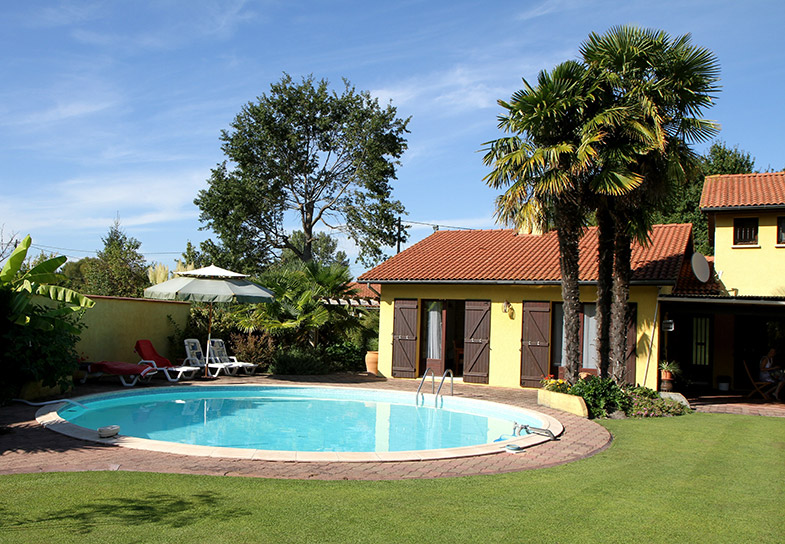What's Next
Open an Italian bank account
It is NOT essential to have an Italian bank account to buy a property in Italy. But it definitely makes things easier!
When buying, money can be sent by bank transfer – from any account in any country. It doesn’t have to be from an Italian provider.
However, if you do not have an Italian bank account, you may find it difficult to pay for basic utilities (water, electricity & gas) as some companies will not arrange direct debits for non-residents. Some notaries also insist that payments are made from an Italian account.
When the time comes to transfer the money for the property purchase, your notary may insist on a banker’s draft from an Italian Bank, so it pays to plan ahead.
Don’t forget, you’ll need a Codice Fiscale to open an Italian bank account.
Appoint a Notary
When buying a property in Italy, you are legally required to appoint a notary and pay for their services.
A notary is an independent third party who helps both the seller and buyer. Their role is to ensure the property conveyancing is 100% compliant with every legal requirement.
Once the sales contract has been drawn up, the notary is legally obliged to carry out a specific list of checks to ensure it is legal and without fault.
Should you wish to protect your investment, we can help you find a lawyer who speaks English and Italian so that you fully understand what is being signed.
Make a formal offer
Whilst initial price negotiations take place verbally via the estate agent, a purchase proposal – known as Proposta di acquisto – is needed to confirm that the buyer want to purchase the property for a specific price.
Once this has been signed, the buyer is committed to that purchase price. However, the seller is still not obliged to accept at this stage.
Any property with a lot of land must first be offered to neighbouring farmers at the agreed purchase price. If they don’t want it, they are legally required to sign a declaration stating that.
Preliminary Contract & Pay Deposit
If a buyer’s formal offer is accepted, the next step is to convert the proposal into a preliminary contract, known in Italy as a Contratto Preliminare.
Once signed by the seller, it means they agree NOT to sell the property to anyone else. This legally-binding contract confirms the sale and it must be signed by both parties.
Details in the preliminary contract include:
- Agreed sale price
- Property name or identity
- Plot number and address
- Detailed description
- Date of final contract
The preliminary contract does NOT need to be drawn up by a Notary, but their services can prove useful in case any details need to be clarified.
When both parties have signed the contract, the buyer needs to pay a deposit – known as a Caparra. Typically, this is €10,000 or an amount otherwise stated in the contract.
Should either side wish to back out at this stage, the other party can legally seek compensation under the terms laid out in the contract.
If the purchaser backs out, they usually lose their deposit, which is retained by the seller. If the seller backs out, the buyer can claim back their deposit as well as the same amount on top.
Get a survey
You might want to get a survey done so you know exactly what you’re getting.
This is always a sensible move if you’re buying a property that needs renovating.
If you want to factor repairs into your overall budget, it’s a good idea to get quotes for labour and materials.
If possible, chat to the neighbours and ask them what the local area is like – it might influence how much you’re prepared to offer for the property.
Get an Estate Agent or Lawyer to make checks
If an Italian property has a lot of land, it MUST first be offered to the neighbouring farmers at the price you have agreed to buy. If the farmers do not want it, they must sign a legal declaration so you can prove it.
Other matters you need to check include:
- Are there any debts, mortgages or loans against the property?
- Who owns the property?
- Do they have the right to sell it?
- Does anyone else have an interest in the property?
- Does anyone have rights over it?
- Can neighbours access it? Do they have a right of way across it?
- Does any recent renovation work comply with building permission?
Transfer the Title Deed & Pay Final Balance
To transfer the title deed, a Notary is essential. Both the buyer and seller must attend the notary’s office to sign and witness a public deed of sale. This is known as Atto pubblico di compravendita or sometimes referred to as a Rogito.
Before signing the transfer of title, it will be translated into English so you fully understand it. If you cannot attend to sign it in person, you must be represented by a power of attorney.
Once signed, you must pay the remaining balance of the purchase price to the seller via an Italian banker’s draft or bank transfer.
How long does buying a property in Italy take?
As with most property transactions, it depends on the individual circumstances surrounding the agreement.
But if the property is empty and the buyer is ready (with their Codice Fiscale and finances in place), it can be as fast as six to eight weeks.
The preparation of paperwork, obtaining a survey (if required) and resolving planning issues can delay the process, so occasionally it may take a little longer.


